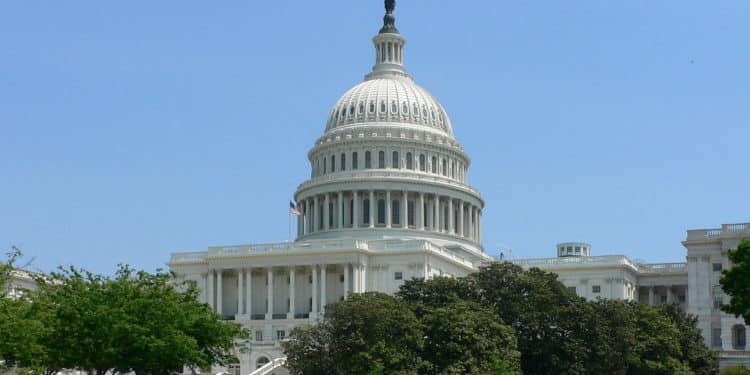Not all the recent whistleblower news from Capitol Hill involves the president and the Ukraine. The House last week passed a bill that would add a whistleblower protection provision to rules governing a national accounting oversight board. And on Monday, Senator Chuck Grassley (R-IA), introduced a bill that advocates say will protect whistleblowers who report financial crimes internally before going to the Securities and Exchange Commission (SEC).
That bill would address the impact of last year’s Supreme Court decision in Digital Realty Trust Inc. v. Somers. The ruling limited protected whistleblowing to disclosures to the Securities and Exchange Commission (SEC), leaving those who report internaly vulnerable, according to Stephen Kohn, chair of the National Whistleblower Center.
“It ensures that SEC claims can be timely decided and that employees who report violations to their employers cannot be fired,” according to a statement from Kohn. “For years the NWC has strongly supported the right of employees to engage in internal reporting. We urged the Supreme Court to protect these rights. Unfortunately, the Court listened to the Chamber of Commerce. We need Congress to fix this gaping loophole in corporate whistleblower protections.”

The bill would also add a provision to the Commodity Futures Trading Commission (CFTC) anti-retaliation law limiting the use of non-disclosure agreements.The agreements are a common tactic used to silence whistleblowers, according to the National Whistleblower Center.
Compliance Week offers a full report on the September 19 debate over a bill creating a whistleblower program for the Public Company Accounting Oversight Board. Like other whistleblower programs, this one includes rewards and protection for those who come forward with information about wrongdoing.
The PCAOB, according to the panel’s website, “oversees the audits of public companies and SEC-registered brokers and dealers in order to protect investors and further the public interest in the preparation of informative, accurate, and independent audit reports.”
But, according to a recent investigation by the Project on Government Oversight (POGO), it’s ineffective. One of the recommendations in the POGO report: “Whistleblowers could help make enforcement of the audit firm industry easier and more effective.”
The Compliance Week story notes that the US Chamber of Commerce opposed the changes as redundant.
Rep. William Huizenga (R-Mich.) is quoted in the story asking that supporters “explain why they believe that auditors, who play such a critical gatekeeping function in our capital markets, should be potentially offered the prospect of monetary bounties at the expense of disrupting the effective functioning of the audit process as it is today.”
Rep. Maxine Waters (D-Calif.) that said because of the board’s mission to protect investors and ensure the accuracy of audits, “it is vital that PCAOB whistleblowers are incentivized to come forward and are protected from employer retaliation.”
Up next: The RAWR Act is at the top of a list of bills the Senate Foreign Relations Committee is scheduled to consider on Wednesday. It would add wildlife trafficking to the State Department’s definition of organized crime. In addition, it would rewards of up to $25 million to whistleblowers. One goal — expand the global reach of wildlife whistleblower programs.




